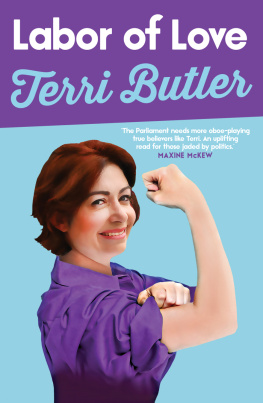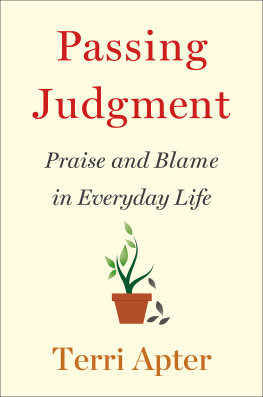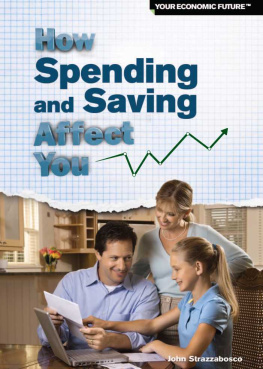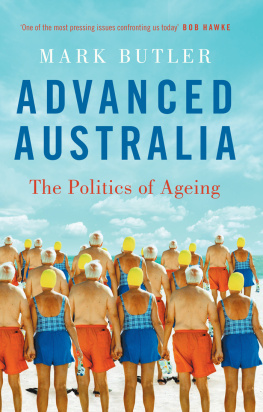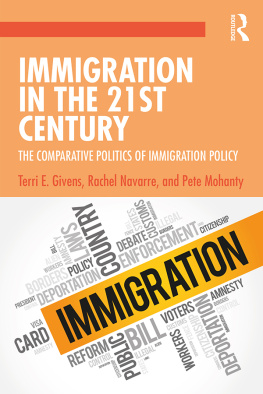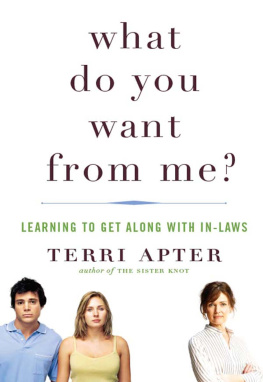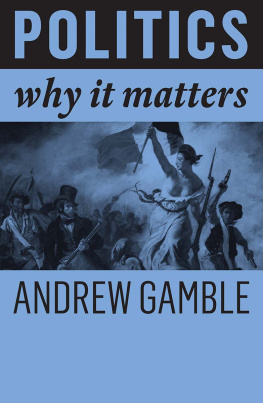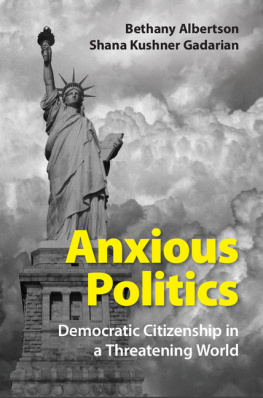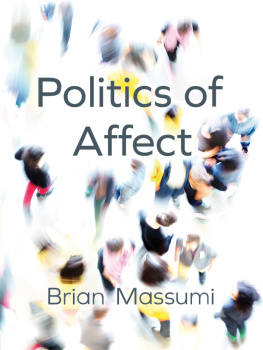Labor of love
Labor of Love
Terri Butler

MELBOURNE UNIVERSITY PRESS
An imprint of Melbourne University Publishing Limited
Level 1, 715 Swanston Street, Carlton, Victoria 3053, Australia
www.mup.com.au
First published 2017
Text Terri Butler, 2017
Design and typography Melbourne University Publishing Limited, 2017
This book is copyright. Apart from any use permitted under the Copyright Act 1968 and subsequent amendments, no part may be reproduced, stored in a retrieval system or transmitted by any means or process whatsoever without the prior written permission of the publishers.
Every attempt has been made to locate the copyright holders for material quoted in this book. Any person or organisation that may have been overlooked or misattributed may contact the publisher.
Typeset in 12/16pt Bembo by Cannon Typesetting
Cover design by Philip Campbell Design
Printed in Australia by McPhersons Printing Group
National Library of Australia Cataloguing-in-Publication entry
Butler, Terri, author.
Labor of love/Terri Butler
9780522872255 (paperback)
9780522872262 (ebook)
Includes index.
Butler, Terri.
Australian Labor Party.
Women politiciansAustralia.
Public relations and politics.
AustraliaPolitics and government21st century.
Contents
To Troy, April and Isaac
A fairer future
What sort of future do Australians want? One where a handful of people are living in a Jay Z song, passing the Cristal while choosing which yacht to buy next, while the rest of us are living in a Dickens novel? Do we want to live in a world where the creation of rules and the allocation of resources serve the national interest, or where they only serve elite interests? And if we want a fair future, what are we going to do about it?
Right now, faith in democracy is at a low ebb. People feel powerless; cynicism about politics and politicians is rife. But, no matter how much people despise politicians, politics is as important as it has ever been. The decisions made nowabout what the rules should be, how taxes should be raised, and how money should be spent on behalf of all of usare important not just because of their immediate consequences but because of their long-term effects. Just as the ramifications of decisions made in the 1980s are being felt now in the UK and the US, our childrens lives will be affected by todays politics.
In times and in circumstances such as were currently experiencing, what can each of us do? Should people turn to organised politics? If so, why? And why Labor? Is it practical to get involved? Whats it like? Can you make an impact? In shortis it worth the effort?
I argue in this book that people who wish to do something about big problems, like rising inequality and insecurity, should get involved in political and democratic institutions generally, and in the Labor Party specifically. I also try to describe what its like to be a member of the Labor Party, as a campaigner, a candidate or an MP. This isnt just so that I can satisfy your curiosity, but to demonstrate that participating in organised politics is neither scary nor strange. Its both possible and practical. More than that, its a way of gaining and exercising power, to influence decision-making.
Before I became a member of parliament, I had been a member of the Labor Party for more than fifteen years. It was something I did while having a life: studying, working, building a law practice and starting a family. It was also something I did alongside thousands of other people in my home state of Queensland. Almost all of these people will never become parliamentarians, and are involved in practising politics for diverse reasons. Some joined the party to get involved in policy. Some love the thrill of a campaign. Some joined just to make friends. But overwhelmingly they became members because they want to make things better. All of them have lives, competing priorities, and their own problems.
This is a book about them; its also a book about me. And its a book about you, and why the political decisions that you make matter. If you decide to take no interest in politics beyond casting your vote occasionally and to leave the work of politics to other people, thats a political decision in and of itself. Its a great way to leave yourself powerless, by letting other people set the agenda and make the decisions.
is about that type of political choice: whether or not to take an interest; whether or not to get involved; whether or not to turn up. Its about how leaving the big decisions to those who do might not always work out well.
, I argue that if you care about inequality and insecurity, if youre serious about wanting to get things done and make changes, Labor is the only show in town. We want to do plenty.
is about making sure Australian democracy isnt captured by people whose policies contribute to rising inequality.
But if getting involved in the Labor Party, and taking up the fight against inequality and insecurity, sounds good in theory, whats it like in real life? is about what its like in the Labor Party, and about why its so tribal. For instance, how can we have such varied views and approaches, and yet have a shared identity and values? Also, whats the go with factions? I tell the story of having grown up in the Labor family, and talk about why Labor was relevant to me twenty years ago, and why its still relevant, despite (or because of) everything thats happened in that time. This chapter also shows that politics is something all sorts of people are involved in. Like coaching Auskick or joining Rotary or baking for a kindy fundraiser, politics is something people do, as part of ordinary life, to make a contribution.
Thats why I describe, in part, my own experience of politics: because it has been, in a lot of ways, like other forms of community involvement. Politics has sat alongside, and been part of, my everyday life. Going to a Labor Party meeting or handing out how-to-vote cards has been as much a part of my life over the past two decades as going to lectures, going to work and bringing up kids.
looks specifically at the role of the campaign director. These people sign up for the long hours and intensity of an election campaign, without pay and without glory. Why do they choose to do all this work to get Labor candidates elected? How do they survive it? Are they just completely bonkers?
Labor is well known for taking the bull by the horns when it comes to getting more women into parliament, and I look at this in to argue the importance of such an approach in dealing with the issues the world faces, and that Labor has always been the party best able to engage with our region and the world.
In demonstrating that politics is something large numbers of people can be involved in, as participants, rather than barrackers or spectators, this book also explores the culture of Labor, and of labourist and progressive politics. So, , then, looks at the role of music in politics, because stories and music are each ways to create inspiration, and to build fellow feeling and a sense of community. In a party like ours, and a movement like ours, you need both to keep going.
are about living your politics, and being vulnerable, publicly. They show why Labor is so well suited to leadership and making hard decisions: not because were perfect, but because were open about the fact were not, and continue to work to changeto maintain our long-standing values while keeping pace with the times.
ultimately, you would look back on your time doing so. With regret? With pride? With satisfaction?
Next page
